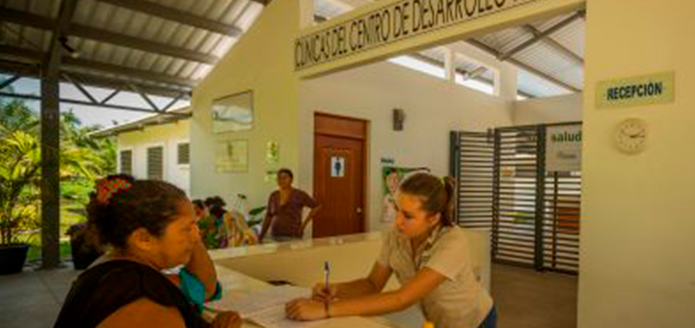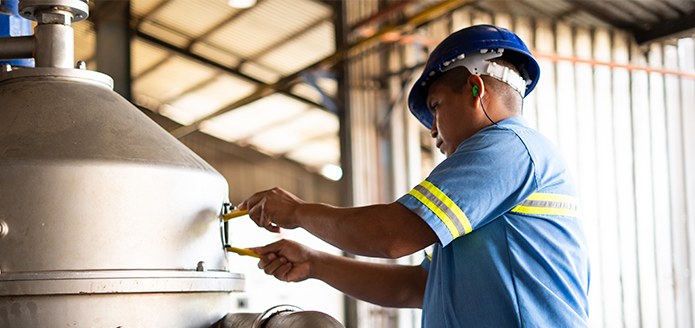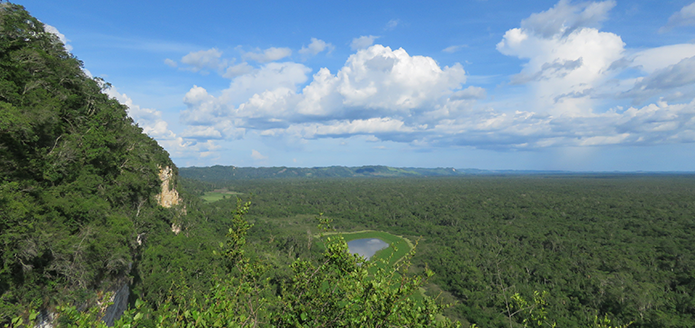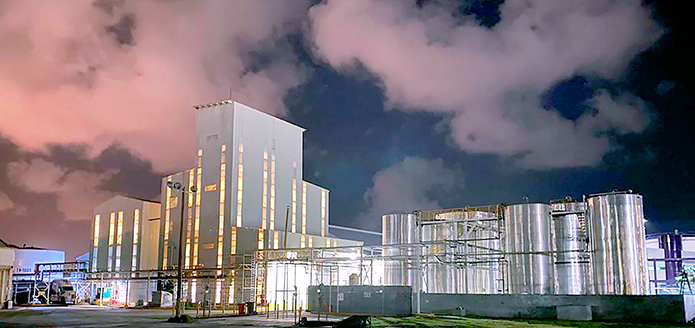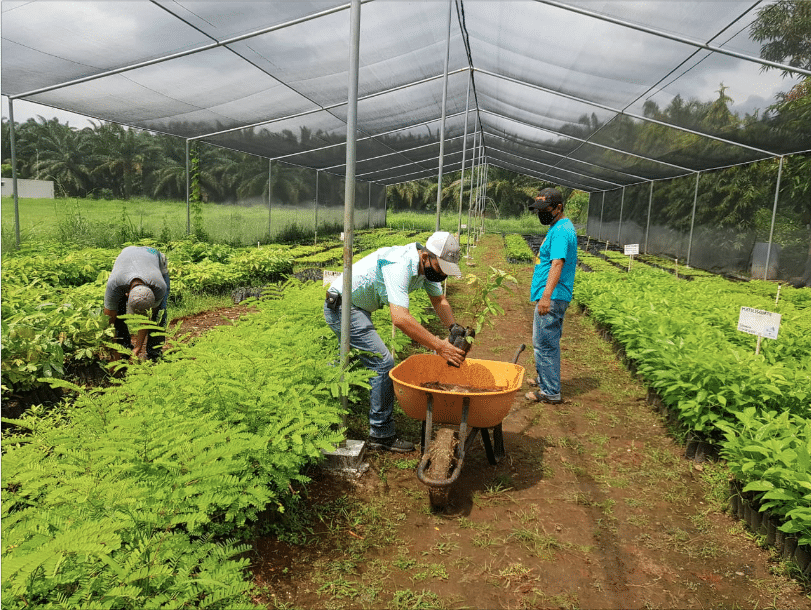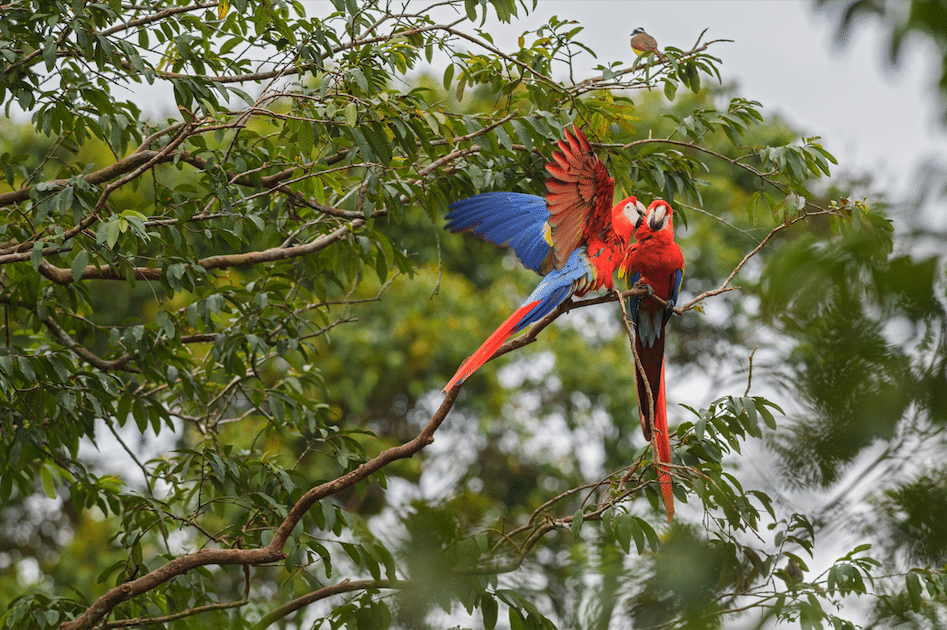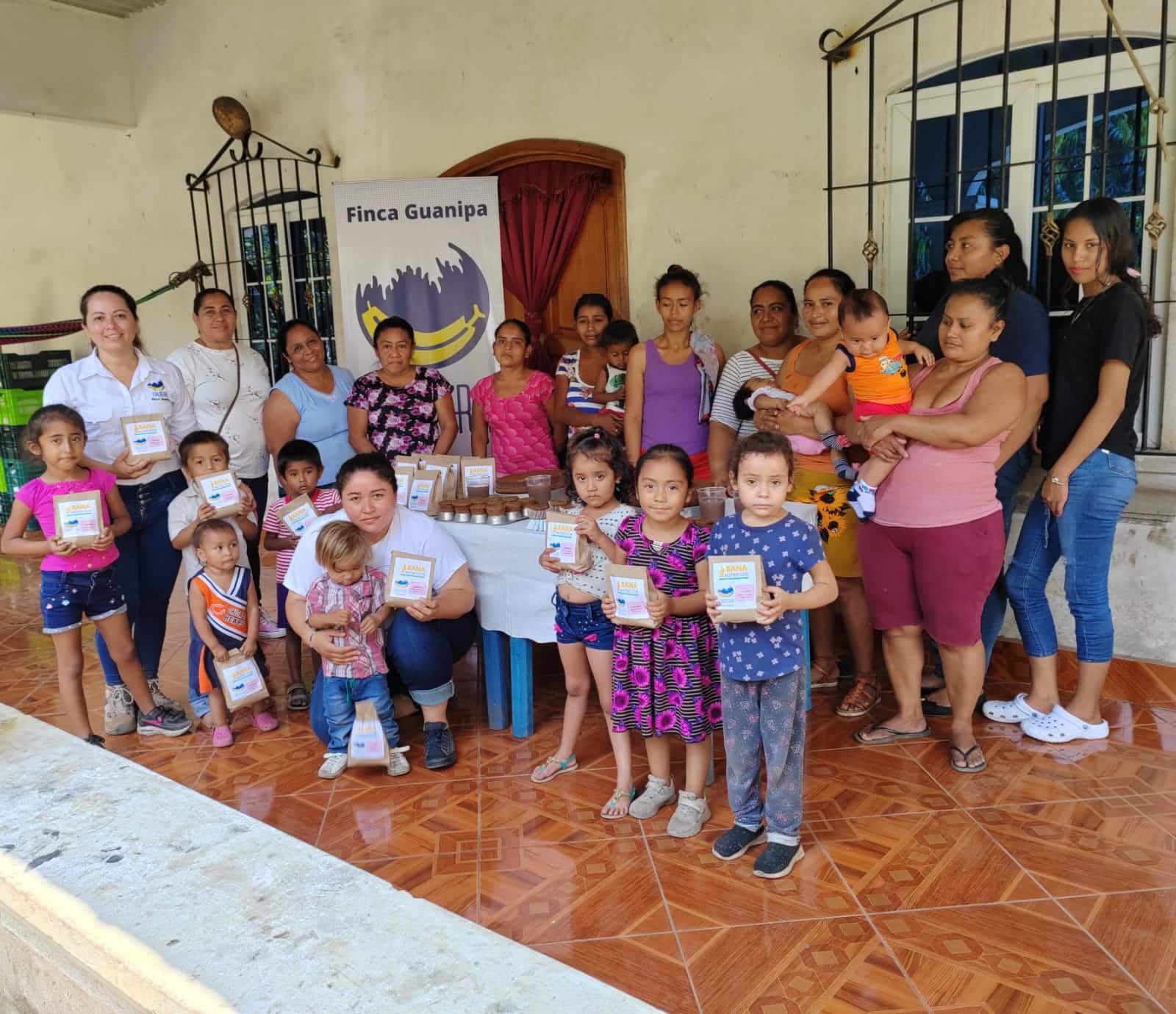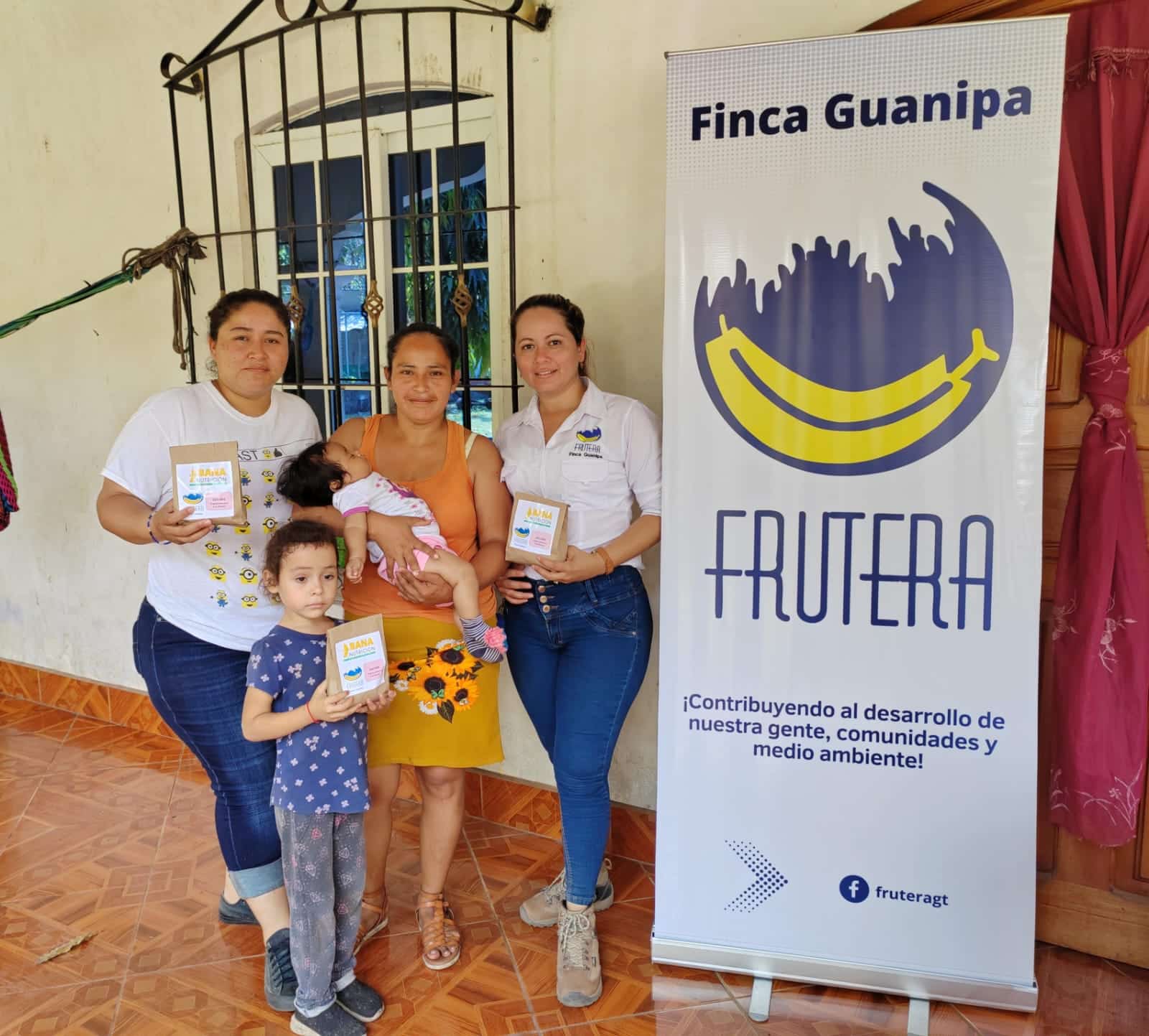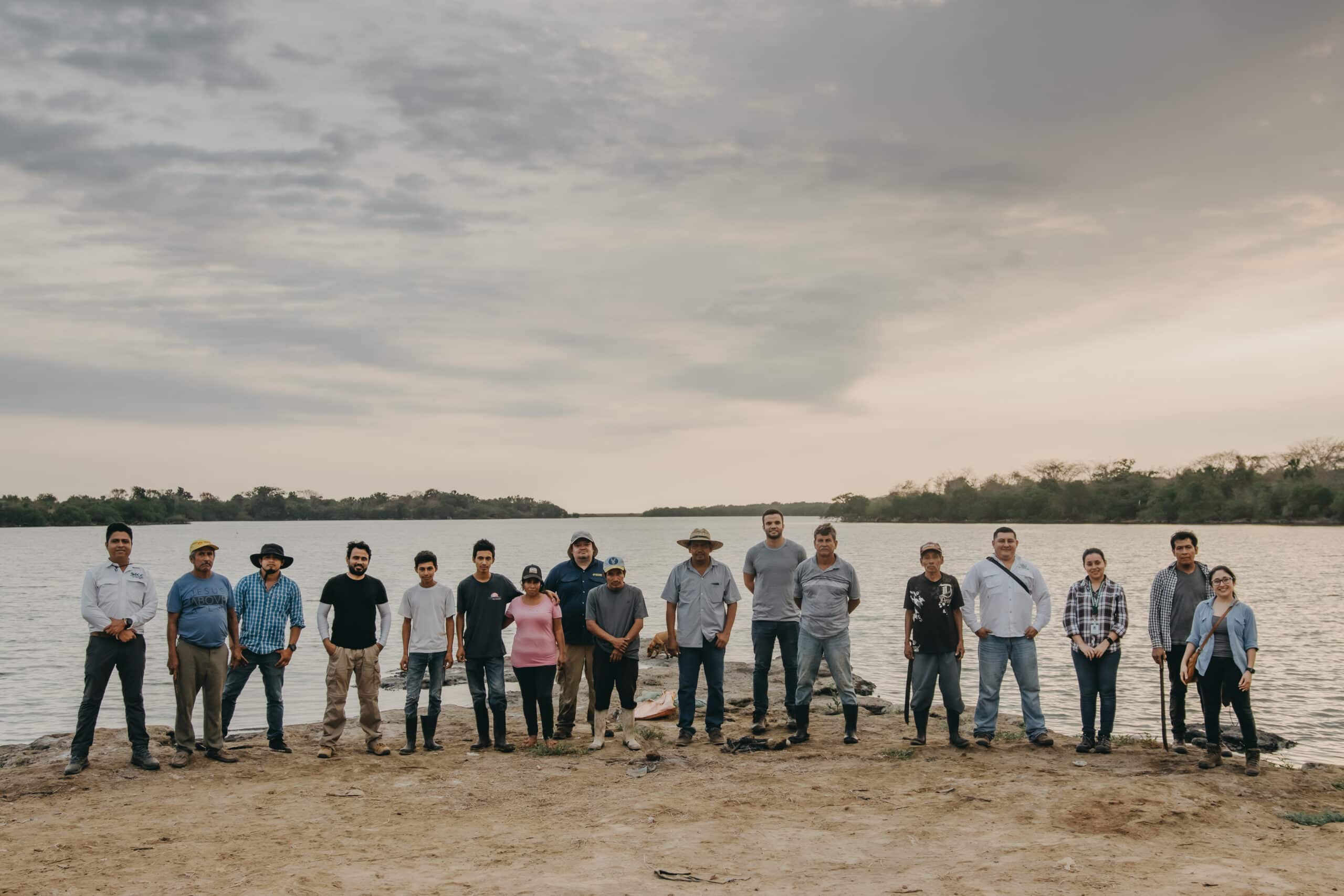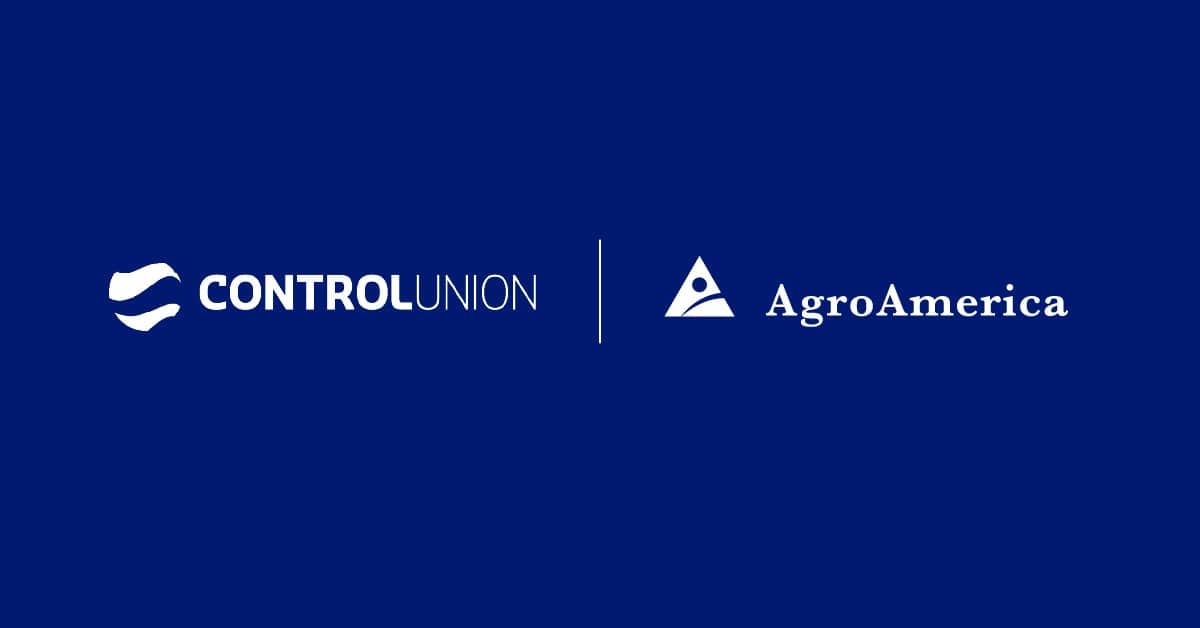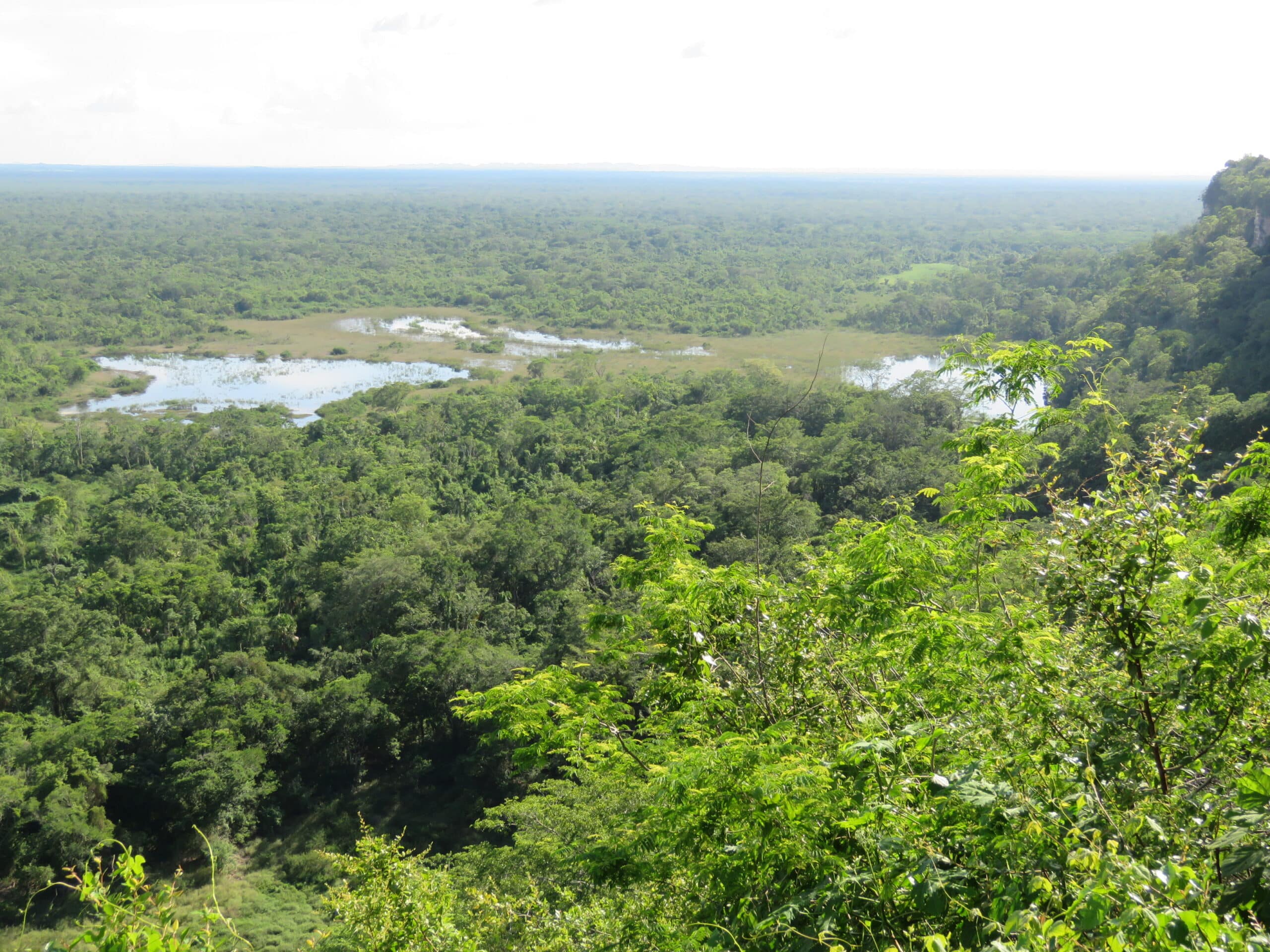AgroAmerica promotes forest conservation and a cease to deforestation.
AgroAmerica promotes forest conservation and a cease to deforestation.
The agro-industrial food company, AgroAmerica, in its No Deforestation, No Peat and No Exploitation Policy, expresses its commitment to conserving forests and protecting areas of high conservation value.
The company recognizes primary forests, high and medium density forests, regeneration forests as well as high carbon stock forests. It also understands and supports the fact that research and development are based on the fundamental principles of ecological landscape conservation that aim to identify and protect as many high carbon stock forests as possible.
Landscape Conservation
AgroAmerica is part of the LandScale initiative as a key player in landscape conservation in southwestern Guatemala, in partnership with the Rainforest Alliance and Solidaridad Network.
LandScale has identified six productive landscapes to work on in Costa Rica, Ghana, Mexico, Peru and Guatemala, where AgroAmerica was invited to participate as a key player in landscape conservation in the area.
Forest Conservation
- AgroAmerica conserves more than 972 hectares of forest in its plantations, which contributes to environmental balance, since forests assimilate a billion tons of carbon which reduces greenhouse gases, thus mitigating global warming.
- AgroAmerica supports biodiversity and forest conservation efforts on more than 19,000 hectares in the Maya Biosphere Reserve, in a project in partnership with Solidaridad and the Wildlife Conservation Society (WCS)
Reforestation
- Forest Nursery
In coordination with LandScale, the Climate Change Institute and the Ministry of Agriculture, Livestock and Food, AgroAmerica has financed a forest nursery with a capacity of 100,000 trees in the Southwest’s operations, which will be used to reforest the banks of the rivers in the area and conserve the ecosystems.
- Donation of trees for reforestation
Additionally, AgroAmerica has donated more than 20,000 trees to government institutions, NGOs and communities for their reforestation programs. The institutions that have benefited are: MAGA, MARN, INAB, municipalities, Government Environmental Management Units and the Rainforest Alliance.
The beneficiary communities have been: San José Las Flores, Blanquita, Valle Lirio and Tres Cruces in the municipality of Retalhuleu; Chiquirines, Colonia Barillas and Morenas in the municipality of La Blanca; El Reparo and Esmeralda in Coatepeque.
Forest Monitoring
Using the digital tool Global Forest Watch, AgroAmerica has developed practices to monitor online the deforestation rates around its plantations. This technology also allows the monitoring of the state of hot spots, fires and forest fires in the proximity of operations.
“With this tool, we have been able to detect that there are zero deforested hectares and zero fires detected in our operations and those of our suppliers,” said Fernando Bolaños, CEO of AgroAmerica. “We will continue to support all forest conservation and Zero Deforestation efforts.”
RELATED POSTS
